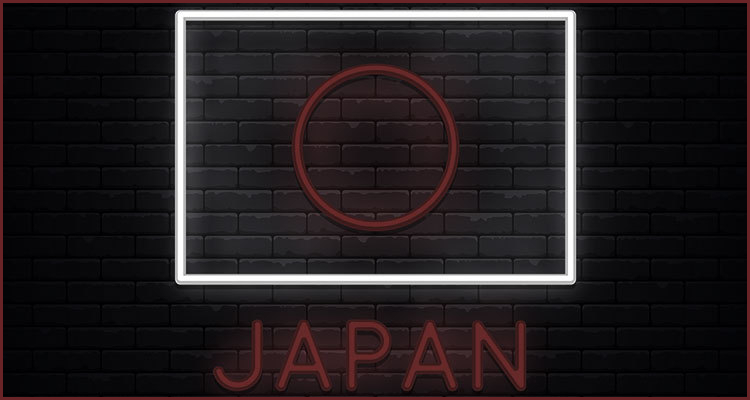In Japan and the governing coalition of Prime Minister Shinzo Abe reportedly overcame a splintered opposition yesterday to win a clear majority of seats in the nation’s 245-member upper legislative chamber.
Syndicate success:
According to a report, Japan holds elections every three years to select approximately half of the members of its House of Councillors and Sunday’s vote saw the Liberal Democratic Party (LDP) and its junior Komeito compatriot secure 71 of the 124 available spots.
GGRAsia reported that Abe’s LDP won 57 of the House of Councillors seats while the more cautious and Buddhist-influenced Komeito party managed to bag 14 to give the ruling coalition a plurality to match the one it already enjoys in the lower House of Representatives courtesy of 2017 elections.
Casino commitment:
The result also reportedly means that 64-year-old Abe is now on track to become Japan’s longest-serving Prime Minster and came after both the LDP and Komeito officially pledged to continue with a policy that is to see the government license a trio of integrated casino resorts. Although lawmakers have already ratified two pieces of enabling legislation, particulars contained in the so-called ‘basic policy’ such as where the envisioned facilities should actually be located have purportedly yet to be passed.
Despite the fact that less than half of the nation’s eligible  voters participated in yesterday’s election, the result means that it is now more likely than ever that Japan will inaugurate the three planned gambling establishments within the next decade.
voters participated in yesterday’s election, the result means that it is now more likely than ever that Japan will inaugurate the three planned gambling establishments within the next decade.
‘Super-majority’ slip:
However, it was not an unmitigated victory for Abe as he reportedly failed to secure the House of Councillors ‘super-majority’ he had desired so as to be able to alter Japan’s post-Second World War pacifist constitution. The experienced politician had earlier proclaimed that he would like to achieve this goal by 2020 in order to be able to explicitly recognize the legality of his nation’s armed forces.



